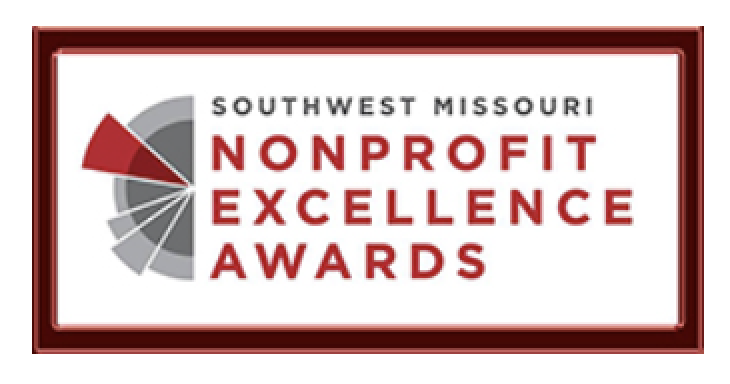Hello all! My name is Gracelin Hathaway. I live in very Northeast Missouri in a small town called Kahoka. I am a momma of three beautiful kiddos. I graduated from the University of Arizona Global Campus with a Bachelor’s in Health and Wellness. I have been a LifeCoach with I Pour Life for over a year. I am passionate about serving my youth and helping contribute to the overall wellness of their health.
There are six dimensions of wellness: physical, mental, social, occupational, educational, and spiritual. If one of these areas lags, one cannot achieve optimal health. With at-risk youth, one dimension that tends to be lagging amongst the demographic is social wellness, which spills into every other dimension of wellness for these youth. Social health is essential; “it’s not what you know, it’s who you know.”
Who do you call when you have a flat tire? Who do you call to ask for help with taxes? Who do you call when you’ve had a tough day? If one does not have anyone, it can be a significant barrier and detrimental to one’s health. Along with having social capital, it is also essential that the quality of the relationships serve positively.
Relationships are one of the essential sections I take my youth through. Through relationships, we discuss how those who we surround ourselves with affect how we will think and behave. We discuss the difference between a healthy relationship and an unhealthy relationship. Through our coaching relationship, I demonstrate a healthy relationship with my youth. All LifeCoaches can model healthy relationships among each other, and our youth can observe this through the Social Capital Club and other events. It is not just important to teach with our words as LifeCoaches, but also to teach through our actions. In other words, “teach with your life.”
My youth are challenged to separate healthy from unhealthy relationships in their lives. If they have unhealthy relationships that they cling to, I continue to challenge them to dig into the why: why do you continue to keep a close relationship with them? More often than not, these unhealthy relationships are in their blind spots. The youth do not even realize that it is such a toxic relationship and how much power the relationship holds over the youth’s own behaviors and thoughts. When this factor is brought to their attention, they can start to recognize those patterns and acknowledge a problem. Once the problem is acknowledged, they can begin setting boundaries for themselves.
Boundaries are heavily emphasized in this section. Many of the youth I serve have difficulty setting boundaries for themselves. It is incredibly challenging when boundaries need to be set with family. My youth and I discuss where boundaries need to be put in place in their lives and how they can achieve that. This is not something that is done immediately; it’s a process. But, when the youth know the need for the boundary, they are at least more aware of the situations within that relationship.
Once youth have the tools to separate healthy from unhealthy relationships and then move forward with setting boundaries in their relationships, they are more capable of removing negative influences and adding positive influences. When an individual’s social capital is made up of positive, healthy relationships, they are more likely to be successful in achieving their goals. It is amazing to watch my youth go from little-to-no social capital or negative relationships to having positive, healthy relationships (and just support); it is such a captivating experience for them.





